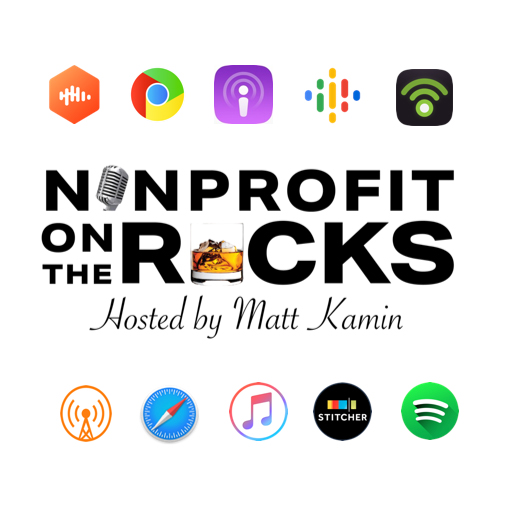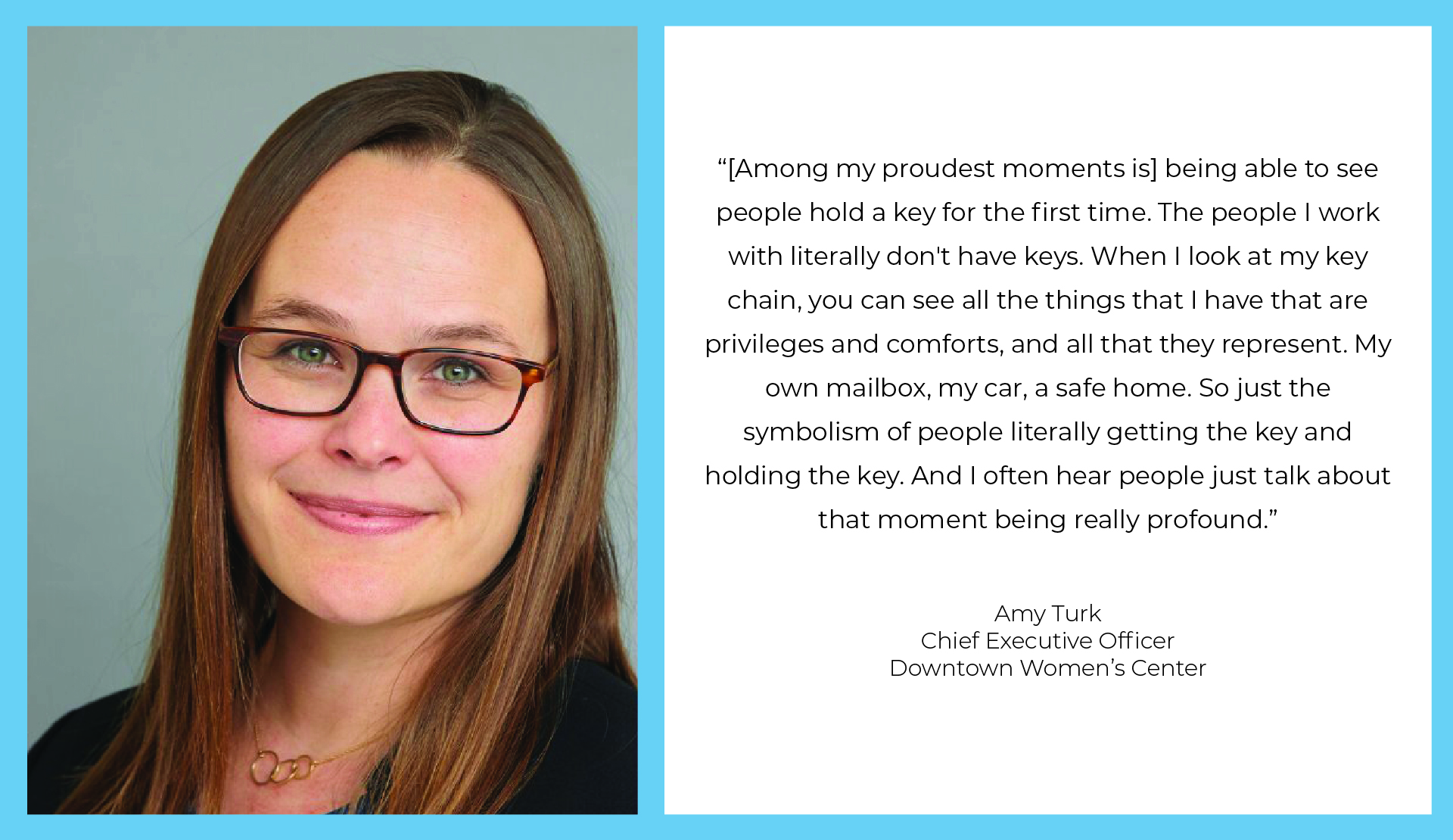
Matt talks to Amy Turk, CEO of the Downtown Women’s Center in Los Angeles, an organization whose mission is to end homelessness for women in greater Los Angeles through housing, wellness, employment, and advocacy.
The pair discuss the importance of trauma informed care and the mindset shift from, “what’s wrong with this person?” to, “what happened to this person?” They debate the merits of homeless shelters vs. permanent housing solutions, and celebrate the presence of the long overdue conversation about how systemic racism can lead to homelessness.
We also learn that Amy considers researchers to be celebrities and both Matt and Amy warn listeners about the dangerous pitfalls of the “reply all” email.
EPISODE #6, SEASON 2
MATT:
Name three things that make you the happiest, being the CEO of Downtown's Women's Center.
AMY TURK:
I have really enjoyed, and I've always enjoyed community building and just being in relationships with people like you and supporters of the organization. But as a CEO that's been really fun. And they call it fundraising, but it really is just talking to people. And especially people that give so generously, I'm just like, "Who are you? Tell me more about you? What's your background? How did you come to even thinking about us?" So that's number one. I really like the one on one conversations that I get to have with really interesting Angelenos mostly.
AMY TURK:
Two is the direct interface with the women. Our office space is directly ... basically it's the second floor of a residential building. And we get to see the women all the time. They can pop into our offices, open door policy. So I really like being in proximity to who we serve. I don't think I could do this work if I was sitting in some high-rise corporate office, away from where the direct services happen.
AMY TURK:
And three, I appreciate how Downtown Women's Center approaches implementing evidence-based practices and really trying to do things so that they work. And my favorite practices are called trauma informed care. And housing first and harm reduction and just really trying to make sure that we do what has been researched to work well.
MATT:
So, you just used a ton of terms that I guarantee half the people who are listening don't know, trauma informed care, evidence-based practice, housing first, all that good stuff. Can you, in a nutshell, in an easy way for folks who have never been in homelessness and the world, kind of explain what that means? Because that's really all over the place now.
AMY TURK:
What trauma informed care means to me is a shift of perspective of when you see something that's like, "Whoa," you're not thinking what's wrong with that person. You're thinking what happened to that person. And it's just a mind shift that allows you to understand that that person has probably experienced trauma. And we now know that trauma changes your brain. So the impact of trauma can really make it complicated for you to do simple things like keep an appointment or think linearly or do step one then step two then step three.
AMY TURK:
So, in our case, if someone doesn't show up for a number of appointments we're not like, "Well you can't come here anymore." We're like, "Oh, something's probably happened or gone on or is more difficult, more challenging." And it's not to say that people can't heal, they can, especially when their environmental circumstances are better cared for. So, if you have housing and your basic needs are met and you're not stressed out about money all the time or something, then we find that people can heal from trauma.
MATT:
So, I don't think that people understand. Or if you've never volunteered in a homeless shelter. But there are certain rules that you have to follow in order to stay as a client. And trauma informed care is really interesting because whereas it used to be ... So when I ran the homeless shelter for foster youth one of the rules was you had to go to school within 72 hours. You had to be enrolled in school within 72 hours or you were no longer able to be at our shelter. That went away with trauma informed care because not all kids could.

People's Republic of South Central
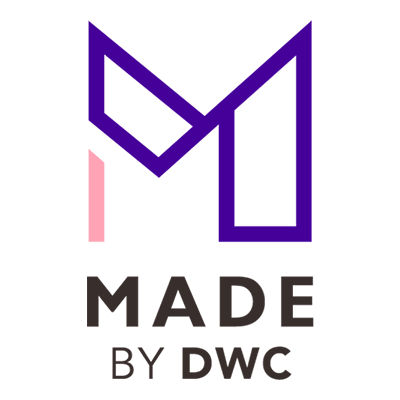
TRUSTING NEWS
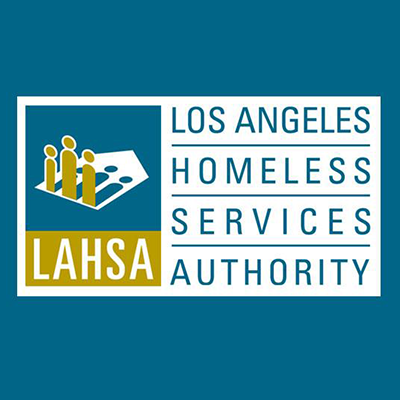
STREET ROOTS
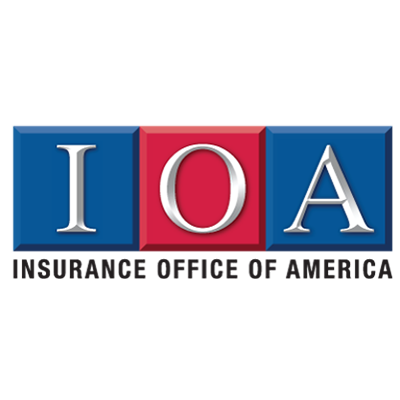
SPONSOR: INSURANCE OFFICE OF AMERICA

BECOME OUR NEXT FEATURE
